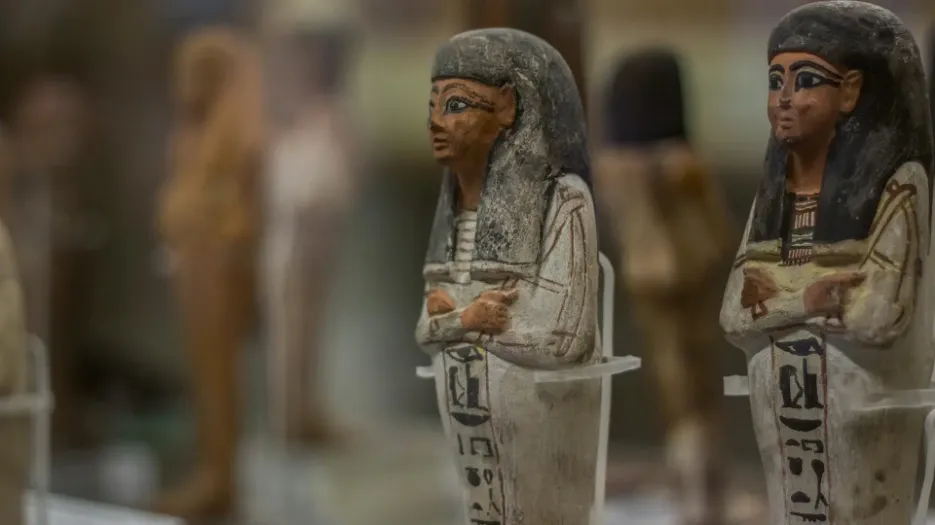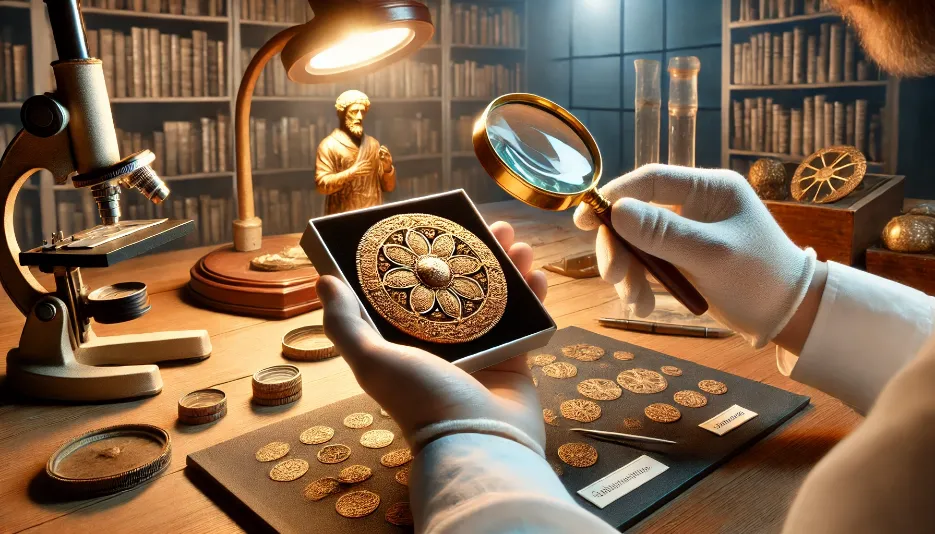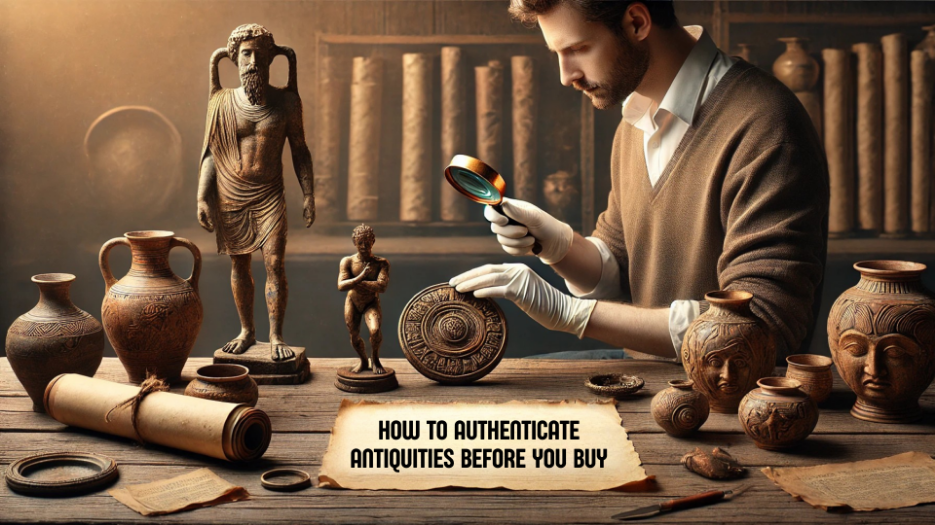Antiquities are more than collectibles—they're pieces of history. This guide offers detailed best practices for preserving, handling, cleaning, and displaying your valuable artifacts to ensure they stand the test of time.
Unsure how to tell real artifacts from fakes? Our expert guide reveals key signs of authenticity, from natural aging and craftsmanship to scientific testing. Learn how to verify provenance, spot common forgery tricks, and buy from trusted sellers. Protect your investment and build a collection of genuine antiquities with confidence!
Buying antiquities is like owning a piece of history, but with the prevalence of counterfeit items, it's crucial to verify their authenticity. To ensure you're purchasing genuine artifacts, start by researching the artifact's history, materials, and common features. Always ask for provenance, which details the artifact's ownership history. Look for natural aging signs like patina or wear, as real antiquities show evidence of time. If you're uncertain, consult experts such as archaeologists or appraisers, and only buy from trusted sellers who provide clear documentation and authenticity guarantees. By following these steps, you can confidently invest in authentic historical treasures.



